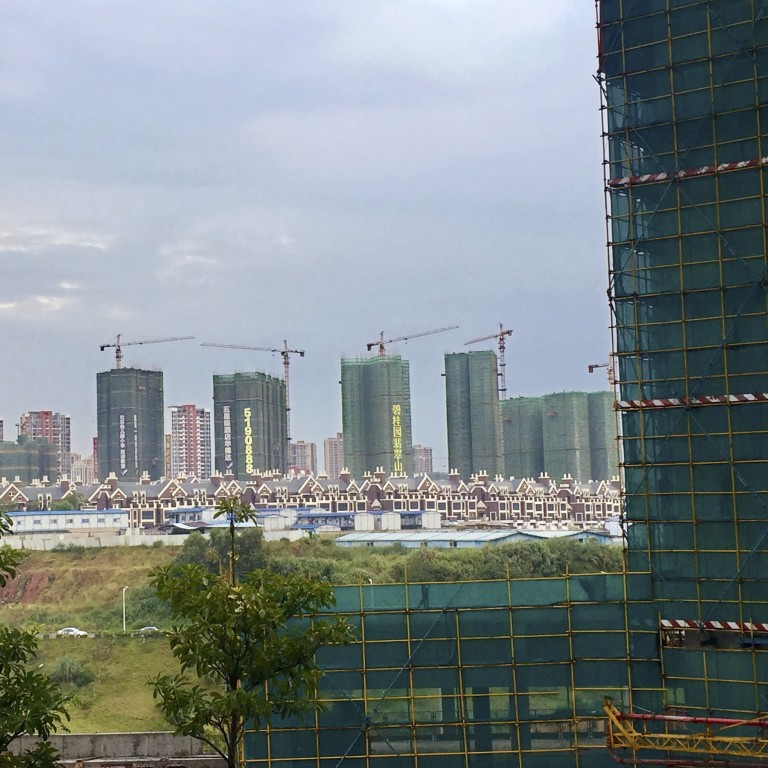
‘Recessionproof’ Huizhou records smallest drop in rents in first six months, emerges as Greater Bay Area’s most resilient office market
- Huizhou recorded a decline of 5.5 per cent over the period when compared with last year, Savills says
- City’s vacancy rate was also the lowest among Greater Bay Area cities by the end of June
Huizhou, which is included in Beijing’s Greater Bay Area development zone, was its most resilient office market over the first half of this year, according to property services firm Savills.
The development zone, which includes Hong Kong, Macau and nine mainland Chinese cities, has been battered by the coronavirus outbreak and escalating tensions between China and the United States.
A set of indicators tracked by Savills to monitor changes in rent across the development zone cities pointed to the devastating impact of the coronavirus pandemic. The Savills rental index tracking all the office markets in the cluster tumbled 4.1 per cent to 159.7.

02:35
China's ambitious plan to develop it own ‘Greater Bay Area’
Of these, Huizhou recorded the smallest drop in rents, which on average stood at 61.2 yuan (US$8.74) per square metre per month, a decline of 5.5 per cent over the six-month period when compared with last year.
“Huizhou’s office market has turned out to be relatively stable,” said Carlby Xie, director of Savills Southern China Research. “In general, the economic slowdown has dealt a blow to the Greater Bay Area cities, but Huizhou’s office segment appears to be recessionproof.”
Sinomach to build US$28.6 billion smart industrial estate in Huizhou
The city’s vacancy rate, at 26 per cent to 28 per cent, was also the lowest among the bay area plan cities by the end of June. Huizhou has a population of about 5 million and has an office space supply of 1.2 million square metres.
“Huizhou’s limited supply of office space helped it dodge a hefty rise in the vacancy ratio,” said Xu Anchao, the managing partner of a real estate fund in southern China. “The city’s efforts to upgrade its industrial mix will eventually result in rising demand for premium office buildings.”
Currently, Huizhou’s office rent rates are less than a third of those in Shenzhen, where a square metre of office space costs 220.5 yuan per month on average, according to Savills. Only Jiangmen and Zhaoqing, at 52.9 yuan per square metre and 48.2 yuan per square metre, have lower average monthly rents in the Greater Bay Area.
Huizhou draws 5G and robotics investments of US$714 million as it seeks to upgrade Greater Bay Area role
Huizhou’s economy was once driven by electronics and petrochemicals. But the trade war, as well as weaker demand amid a slowing mainland Chinese economy, led to plant closures and dwindling exports. Its economy shrank 8.7 per cent in the first quarter of 2020, and now it is looking to develop its informational technology, logistics, tourism and finance sectors to revive growth.
The city has also signed a deal with Shenzhen Sinlikon Supply Chain Management to develop an industrial estate that will specialise in fifth-generation telecommunication technology. It has also been able to attract Hit Robot Group, China’s leading robotics company, which will set up a research and development centre in the city.

